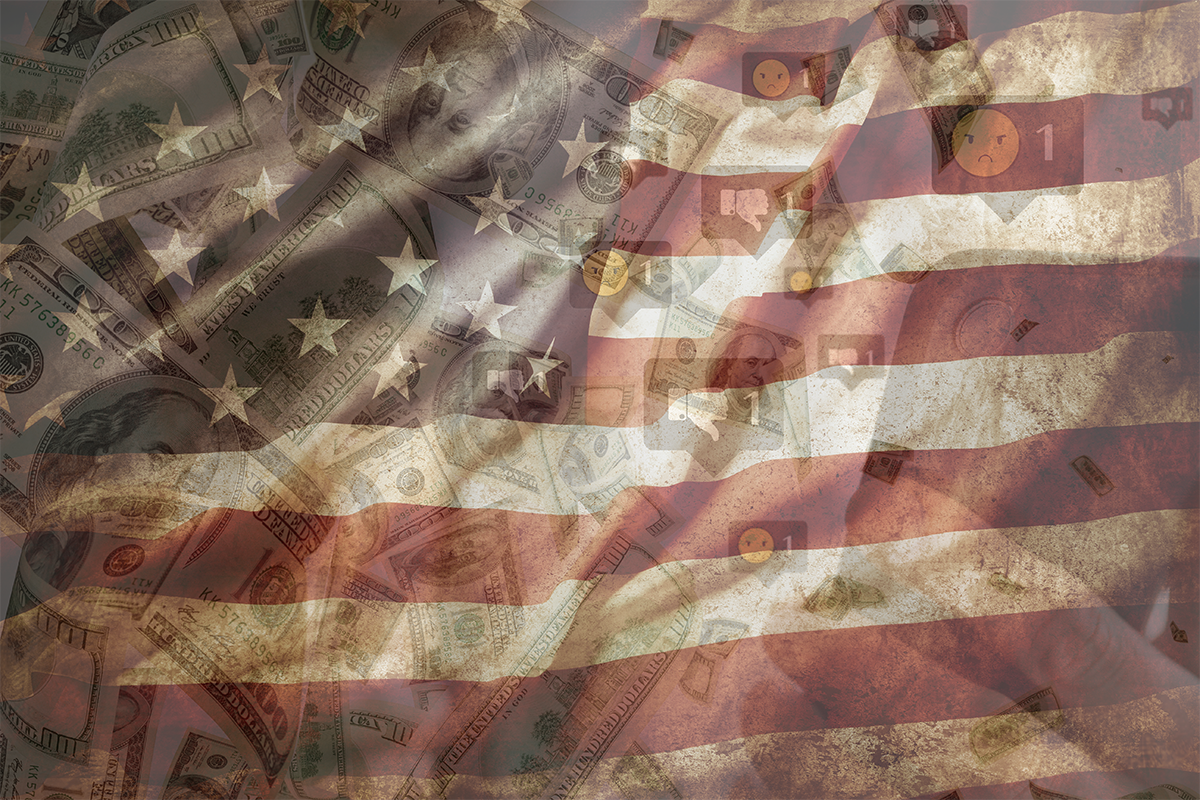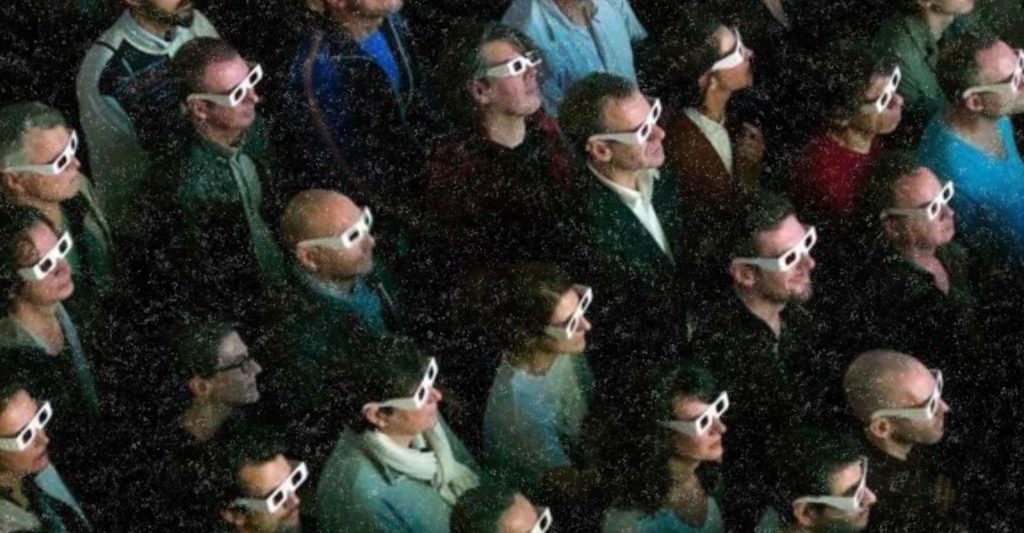
Why the U.S. is Not Wired for Wellness
So, where exactly does this problem come from? It really starts with our communication. The way that we communicate in this country is fundamentally broken. We as human beings are never really taught how to hold a conversation with another human being. Yes, after we are born, we go through a process of acculturation and we learn from our interactions with our parents, siblings, extended families, and neighbors, as well as in our schools and places of worship. But all of that happens through observation and the subconscious as we are not born communicators. As the comedian Tom Segura puts it, “children are the worst storytellers” since they struggle to be coherent or keep their listener’s interest.
The American Dream has long been rooted in the so-called “pursuit of happiness.” It sounds pretty damn good. And it makes you feel pretty good too—almost as if the pursuit of your own well-being were a truly noble endeavor. The problem is that our country, from its government to its institutions to its corporations, does not really treat us like we were pursuers of happiness. Rather, we are locked in a political and economic system where the only truly valued pursuit is the pursuit of consumption and material possessions. We as a country are just not designed to take into consideration our mental health and well-being. Is it any wonder then that we struggle when it comes to these issues?
Eventually, however, children learn how to pique other’s interests and attention. They learn that if they say things like “I saw Mr. Rogers from next door come over and play naked twister with mom,” they will get their peers’ attention, if not your own, and from an early age they become traders in gossip, rumors, and even misinformation. So there exists as a result this inherent bias that occurs in our communication.
More broadly, this kind of sensationalism, if unchecked, finds its way into the media and how we communicate across the country. Every region and media outlet has a different perspective. One can look at our major media outlets and say that Vanguard and BlackRock have a stake in Comcast, which controls MSNBC. We know that Rupert Murdoch controls Fox News. We know these things. And nobody knows better than these outlets that it is such sensationalism that drives viewers to their platform to generate advertising dollars.
This has helped foster a society that values material possessions and social status over health and wellness. Businesses exploit this culture of materialism and manipulate our channels of communication. They use bright colors, catchy slogans, fear, play on insecurities, and celebrity endorsements to create a sense of urgency to buy their products. This results in a culture where people feel compelled to buy the newest, trendiest things, including the latest gadgets, cars, and clothes, but often at the expense of their own actual well-being or seek fulfillment – even in valuing what they have.
Does this sound like the pursuit of happiness to you?






